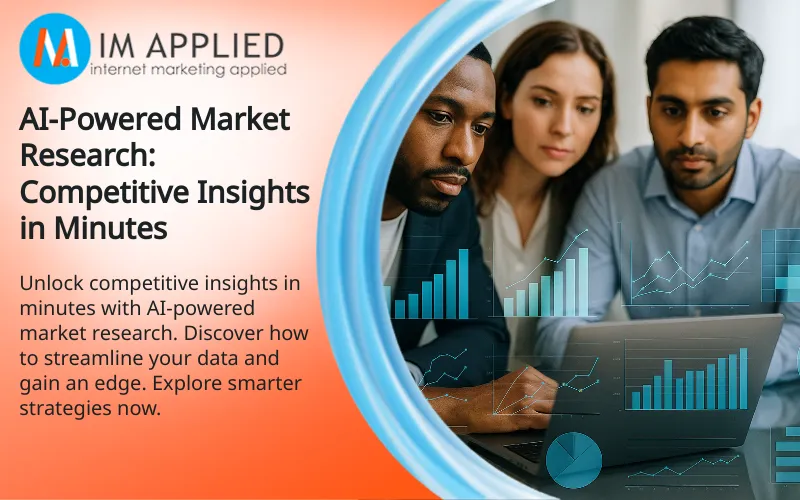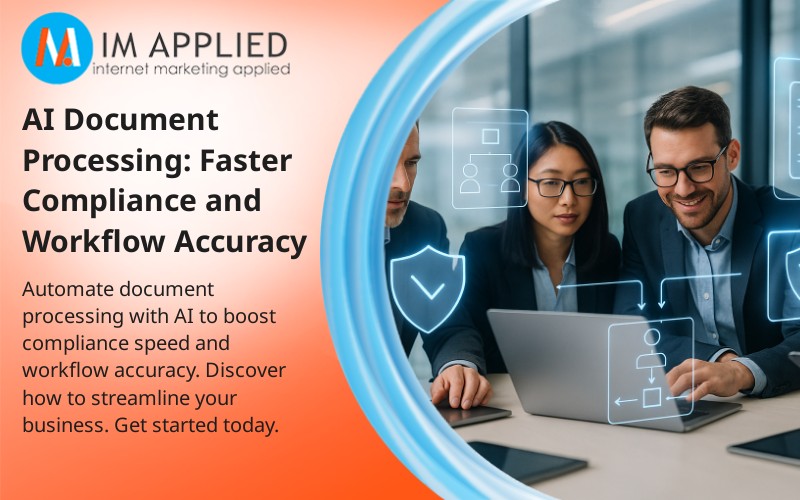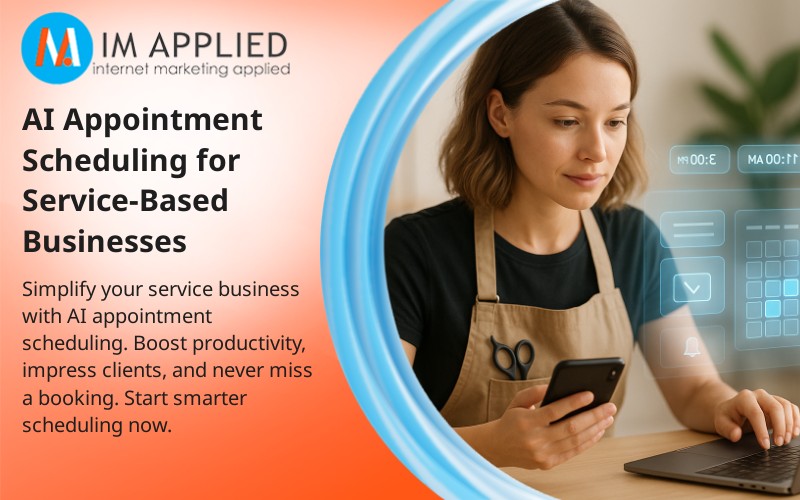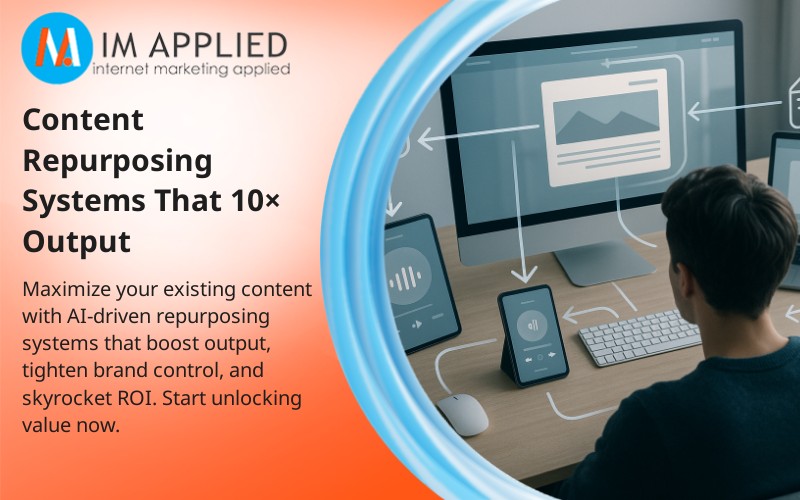AI-Powered Market Research: Competitive Insights in Minutes
Karl Marais | 30 July 2025
When it comes to marketing, the sheer amount of data we are presented with today can be overwhelming.
Market research these days can feel like wading through a swamp of spreadsheets and endless reports.
But what if there was a faster, smarter way?
AI-powered market research is rapidly becoming the key to unlocking instant, actionable insights for a real competitive edge. Here’s how you can harness it.
Introduction to AI-Powered Market Research
AI-powered market research is revolutionizing how businesses analyze markets.
By harnessing AI, companies access consumer insights far more efficiently than with traditional methods.
This shift enables seamless evaluation and turns overwhelming data into clear, actionable guidance.
Modern AI tools don’t sift through information and deeply analyze consumer behavior and market shifts, bringing more accuracy and speed to decision-making.
A common misconception is that implementing AI is about replacing human expertise.
This is far from the truth, as AI is about amplifying your strategic edge, so that humans can focus more time on higher-level strategies.
What is AI-Powered Market Research?
AI-powered market research uses advanced algorithms to analyze large-scale data.
These tools automate the entire process, surfacing insights that would remain buried with old-school research.
At its core, the definition centers on using AI for rapid, detailed analysis that leads to actionable recommendations.
By automating the review of large data sets, organizations can more effectively track trends and understand customers.
Instead of reacting to change, businesses become proactive, anticipating market shifts and sustaining growth.
Advantages of AI in Market Research
The advantages of AI in market research are compelling.
AI produces faster insights, improves data accuracy, and significantly cuts costs by streamlining resource use.
With AI, businesses, large or small, can efficiently manage data collection and analysis.
AI enables sharper decision-making, helping companies stay ahead by leveraging the most current and relevant data.
If you’re interested in how AI enhances strategic decisions, explore this resource.
Key Components of AI-Driven Competitive Insights
AI-driven insights are transforming competitor analysis.
With the ability to process vast datasets, today’s AI competitor analysis tools deliver rapid intelligence on market positioning and competitor performance.
This clarity helps you make evidence-based decisions and maintain a strong market presence.
Understanding the Competitive Landscape with AI
AI enables sophisticated competitive landscape analysis, including real-time SWOT assessments and precise market share understanding.
You get a clear view of both your competitors’ strategies and opportunities to refine your own.
Utilizing AI for Trend Identification
AI’s predictive analytics detect emerging trends, offering a significant head start in responding to shifts.
It moves forecasting from guesswork to science, transforming raw data into strategies that keep your business agile and prepared.
Benchmarking Competitors Using AI
With AI, benchmarking becomes less about labor and more about results.
Rapidly compare your performance to top competitors, identify best practices, and set data-driven targets.
Efficiency means you can focus your energy on innovating and improving.
Tools and Technologies for AI Market Research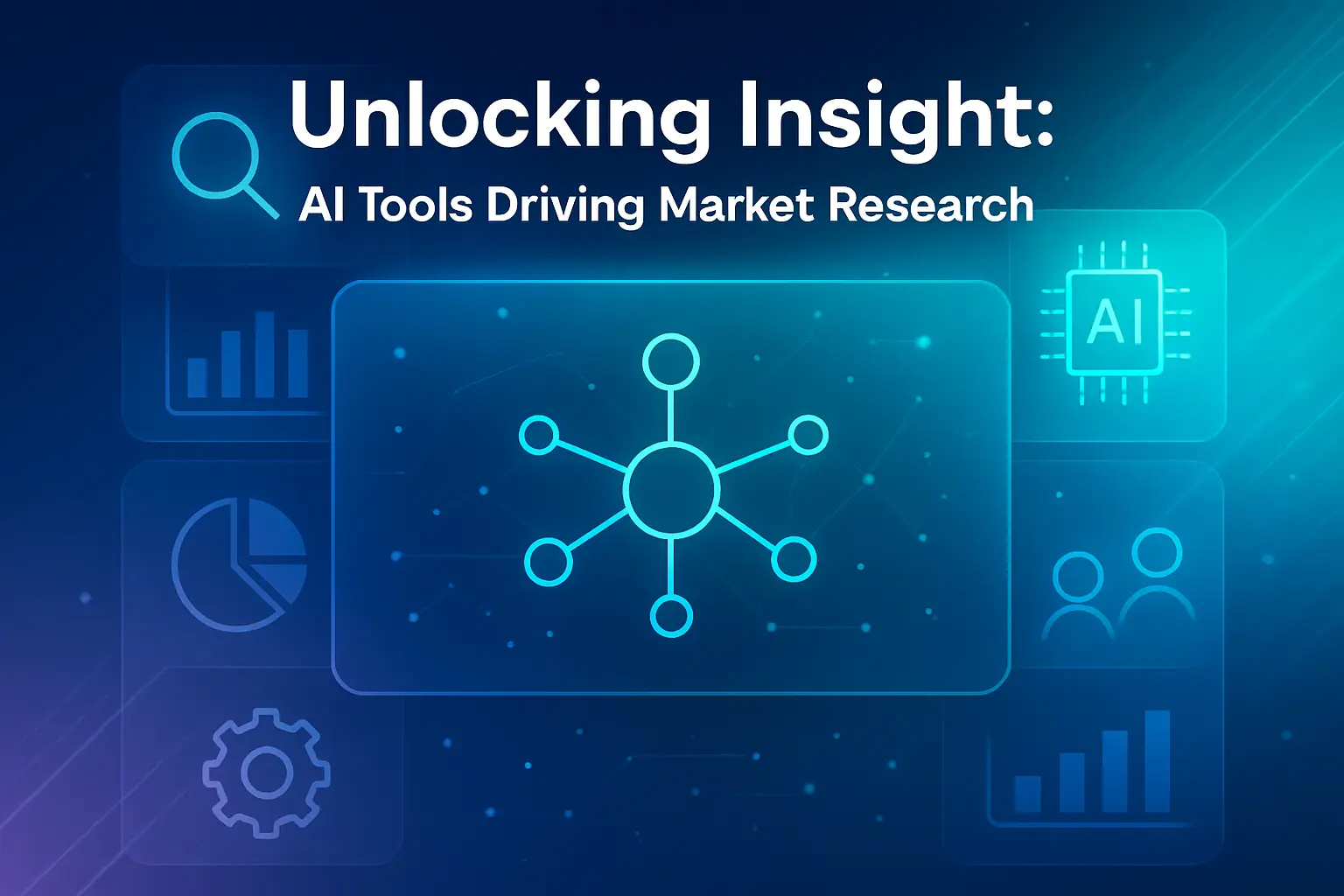
AI market research tools are now essential for navigating information overload.
They do more than just gather data; they also analyze and extract meaning, using technologies like natural language processing (NLP) to reveal consumer sentiment and trends from unstructured sources.
Staying ahead means using platforms that combine speed with depth.
AI Tools for Rapid Market Analysis
Today’s fast-paced landscape demands rapid analysis.
AI tools generate real-time insights and automate tedious reporting, allowing teams to act quickly and effectively.
For a deeper understanding, see how AI can reveal what customers want.
AI Solutions for Deep Market Insights
Comprehensive platforms use predictive modeling and segmentation to identify future trends and customize marketing.
These features enable you to anticipate developments and engage specific audience groups more effectively.
Selecting the Right AI Tool
Choose tools for their data integration, usability, and scalability.
Seamless integration offers a broader market view, while user-friendly designs boost adoption across teams.
Scalability means your AI investment will grow alongside your business.
For help choosing, check out this guide to SEO tools, many lessons overlap with market research tool selection.
Implementing AI in Market Research Processes
Integrating AI is a leap forward for efficiency and accuracy.
AI-driven tools automate workflows, allowing analysts to shift their focus from gathering data to interpreting insights and making decisions.
Automating routine tasks frees teams for deeper analysis, helping them adapt faster to changing markets.
AI’s precision streamlines processes and uncovers patterns that manual work might miss, a vital shift in today’s fast-evolving landscape.
For companies ready to integrate AI, understanding AI’s strategic impact on your website’s SEO is also crucial.
Accelerating Market Research through AI
AI turbocharges market research, shrinking timelines from months to mere days through automation.
Real-time data analysis gives you up-to-the-minute insights, ensuring smarter and more accurate decisions as market conditions change.
AI is also self-improving: as new data arrives, your analyses get sharper, giving you a true competitive advantage.
Steps to Integrate AI into Market Research
Start by preparing your data. Clean, reliable data is essential for good results.
Next, choose AI tools tailored to your goals and compatible with existing workflows.
Finally, invest in team training so everyone can interpret and use AI-generated insights effectively.
For practical guidance on getting the most from AI, visit this article on driving campaign strategy with AI analytics.
Overcoming Challenges in AI Market Research
Despite its power, AI brings challenges like data bias, ethical concerns, and the need for trust.
Biases in data can create misleading conclusions, so continually check and refine your datasets.
It’s vital to respect privacy, follow data regulations, and strive for transparency in how AI produces results.
Human expertise is still crucial. Combine it with AI for more rounded decision-making. For more on ethics, explore responsible AI in marketing.
Ensuring Data Accuracy with AI Tools
Prioritize data validation and cleaning. AI can help, but double-check findings with human oversight for optimal accuracy.
Addressing Trust and Information Overload
Trust depends on explainable AI. Stakeholders must be able to understand conclusions, so ensure transparency and clear communication about AI’s role.
Configure tools to filter and prioritize insights, avoiding information overload and focusing on what truly matters.
Future of AI in Market Research
The future is bright – and fast.
Emerging technologies like machine learning agents enable a level of predictive modeling and insight that was once impossible.
Real-time, automated results are becoming the norm, positioning AI as the new cornerstone of market intelligence.
Personalized insights, tailored for each sector, will become standard, and AI will be tightly integrated across business functions.
Falling behind on AI risks losing ground to more agile competitors; embracing it ensures robust, future-ready strategies.
Emerging Trends in AI Market Research
Generative AI and automated analytics are reshaping how businesses gain intelligence by delivering quick, deep, and highly nuanced insights.
Seamless integration across departments ensures the whole organization benefits, not just market researchers.
These advancements allow for immediate strategy adjustments and set the stage for even more innovation in the near future.
How AI Will Shape Market Research Practices
AI streamlines data collection and tailors insights for precise decision-making.
The result is a culture shift: more data-driven, collaborative teams and strategies that adapt with unprecedented speed.
Successful adopters report improved market agility and enduring success by blending AI with traditional insights.
Frequently Asked Questions
What are the key functions AI tools serve in market research?
AI tools automate data collection, conduct rapid large-scale analysis, and simplify reporting with clear visualizations.
This lets teams focus on decision-making rather than sorting through raw data.
How do you choose between different AI market research tools?
Compare features, pricing, and how well a tool integrates with your current systems.
Opt for robust data integration and user-friendly designs, and always consult reviews.
What is the future outlook for AI in market intelligence?
AI-driven insights will soon offer even more sophisticated predictive analytics.
Integration with IoT and big data will revolutionize strategy by turning streams of information into actionable plans, delivering a sustained competitive advantage.
With AI, market research is no longer a struggle through endless data; it’s an opportunity to transform information into clear, strategic action.
Now is the time to make AI your ally.

